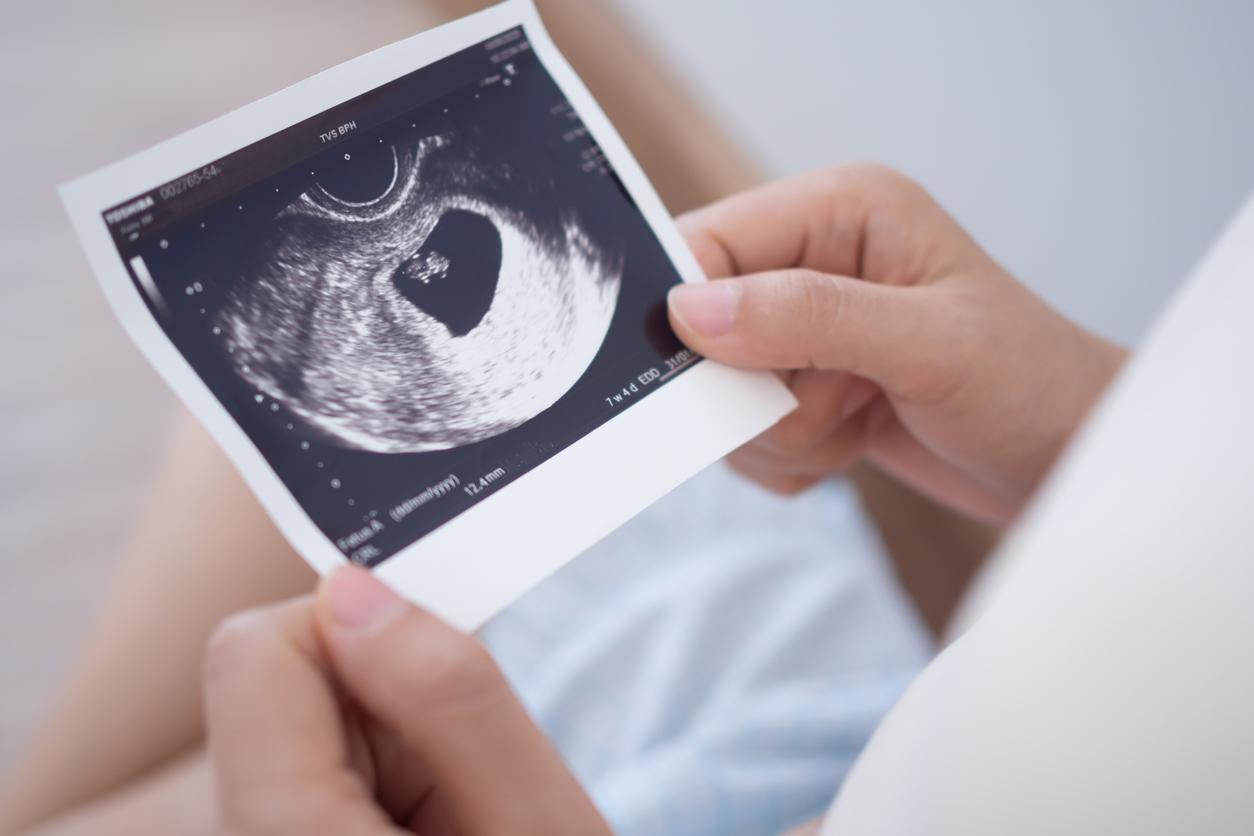The number of sperm has gradually decreased in men over the past ten years. This is what reveals two new studies presented last week at the scientific congress of the American Society of Reproductive Medicine (ASRM) in Denver, relayed by The Atlantic. Their results suggest that the number as well as the motility – that is to say the swimming ability – of sperm in Europeans and Americans is indeed steadily decreasing. This confirms previous reports, which point to a worrying overall decline in fertility.
The number of sperm decreases
The first study was carried out jointly by two fertility centers in New Jersey (United States) and Spain. The total motile sperm count (TMSC) has been examined in nearly 120,000 patients with infertility problems. According to the World Health Organization (WHO), the normal value of TMSC is equal to or greater than 15 million sperm / mL of ejaculated semen. Below, men find it difficult to achieve pregnancy. In 1999, this average value was around 20 million sperm.
Results ? The percentage of patients with a TMSC of 15 million decreased from 85% between 2002 and 2005 to 79% between 2014 and 2017. In addition, the percentage of patients whose TMSC was now between 0 and 5 million has decreased from 9%. more than 11.5% between the two periods.
The other study was carried out by American researchers from the Icahn Faculty of Medicine at Mount Sinai, in collaboration with the California Cryobank and Reproductive Medicine Associates from New York. The researchers compared more than 124,000 samples from 2,600 sperm donors aged 19 to 38. They found that the total number, TMSC and sperm concentration all decreased between 2007 and 2017 in the participants.
No definitive cause
The two studies combined thus suggest that men who already suffered from infertility problems see their viable sperm decrease even more. But fertile men also experience this decrease.
Researchers found no cause “Underlying, unique or definitive” to this phenomenon. Lead author of the first study, Ashley Tiegs, believes these findings “May reflect a selection bias, as more infertile men undergo treatment each year, or the adverse effects of environmental factors”. The second study, Professor Chang, suggests that the trend could be linked to “Chemical exposures or to increasingly sedentary lifestyles”.
That same year, a study already revealed that the sperm count in men was dropping to worrying levels. A meta-analysis, carried out using data collected between 1973 and 2013, showed that it would have fallen by more than 50% worldwide. The most significant declines were recorded in North America, Europe, Australia and New Zealand. According to experts in this large-scale survey, modern technology is largely responsible for this decline, as well as lifestyle choices.
Read also :
- Fertility: diet affects the quality of sperm
- Male fertility: beware of stress


















